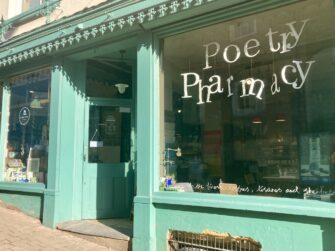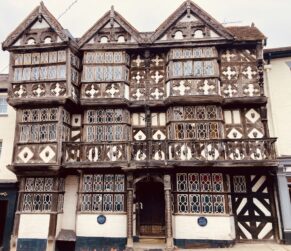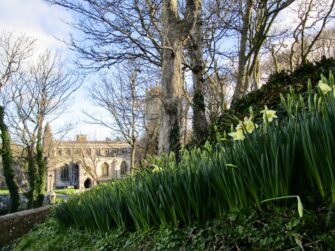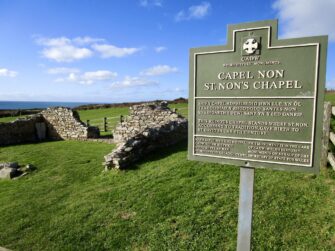
Image: Telegraph Travel
Amazing scenes in Wrexham this week.
They inspired this feature about the Hollywood glamour of the formerly workaday town in Northeast Wales for Telegraph Travel.
Here’s a taster of the article.
The streets of the former industrial town in Northeast Wales were packed last night with fans from across the world cheering on the open-top bus parade from the Racecourse ground, home of Wrexham AFC.
It marked the Wrexham team securing promotion back to the English Football League after 15 years and consisted of three buses, featuring the men’s side and women’s side, which also clinched promotion.
The club’s Hollywood co-owners Ryan Reynolds and Rob McElhenney [pictured above] completed the line-up, having bought the club in 2020 and transformed its fortunes.
It’s a story worthy of a Hollywood epic for the third oldest professional football club in the world, dating from 1864, and compensates for Wrexham narrowly losing out to Bradford to host the UK City of Culture 2025 last year.
Jim Jones, CEO of North Wales Tourism, says:
“You can’t put a value on the recent exposure. Wrexham is the gateway to North Wales and the whole world now wants to know the story of Wrexham and the region.”
Read the full feature via Telegraph Travel The A-lister guide to Wrexham
- Liked this? Try also Why Wrexham is basking in Hollywood glamour
- Sign up to my new newsletter, Hit the North, for more travel news and inspiration from my home patch.




